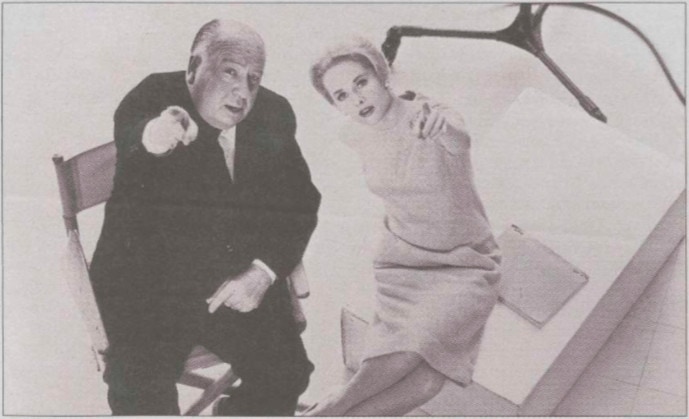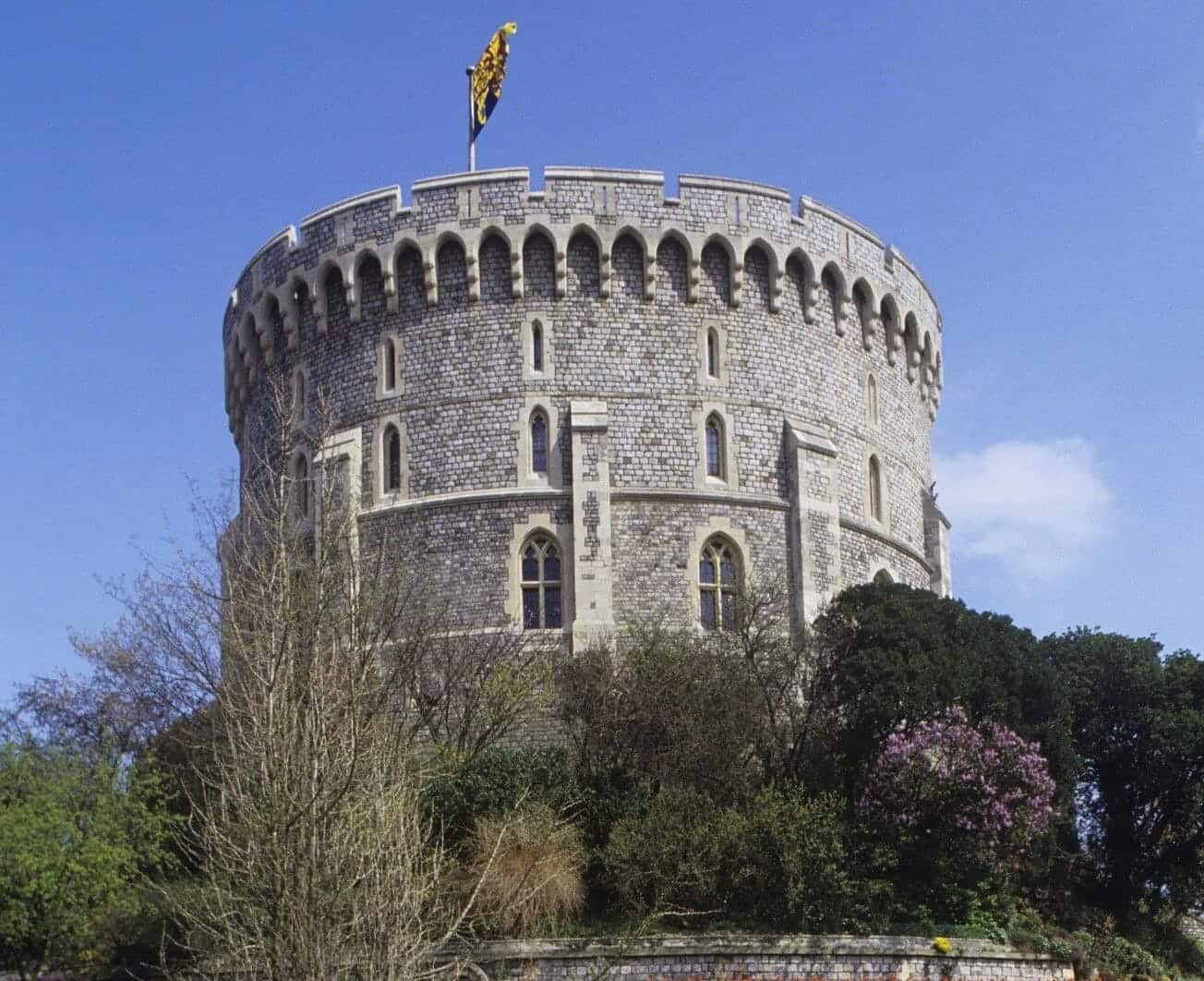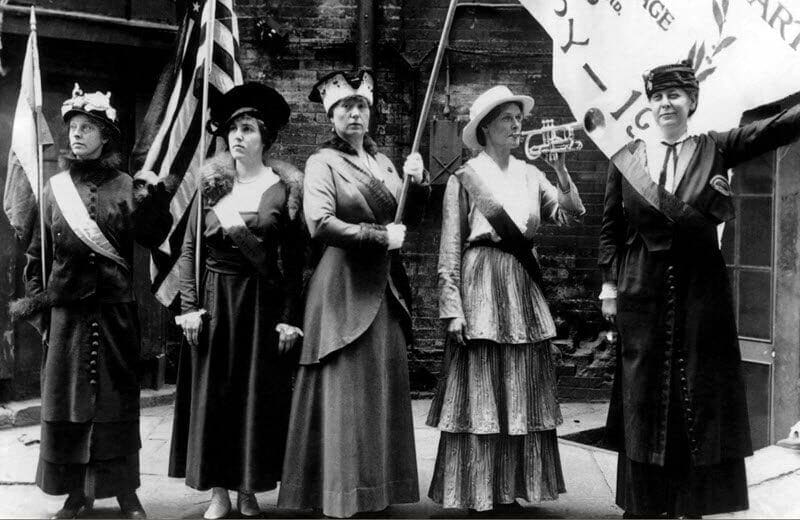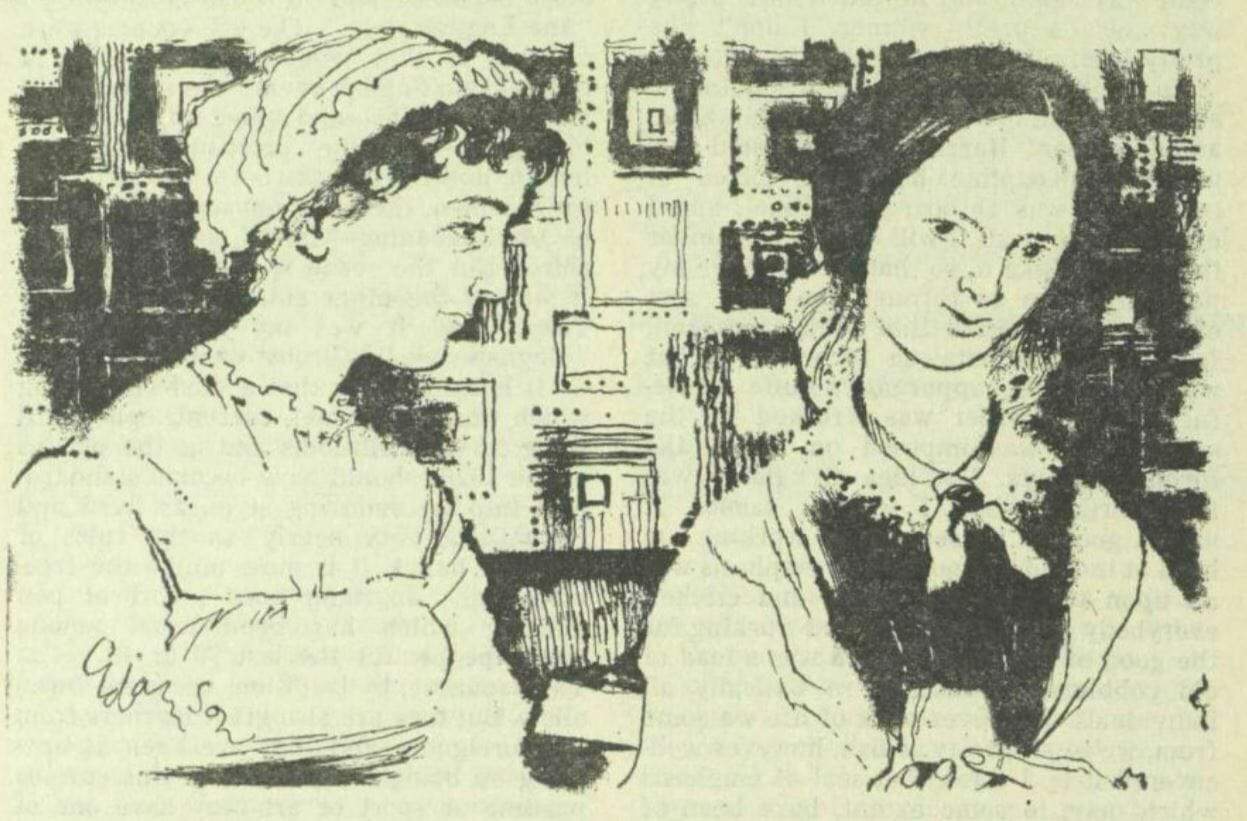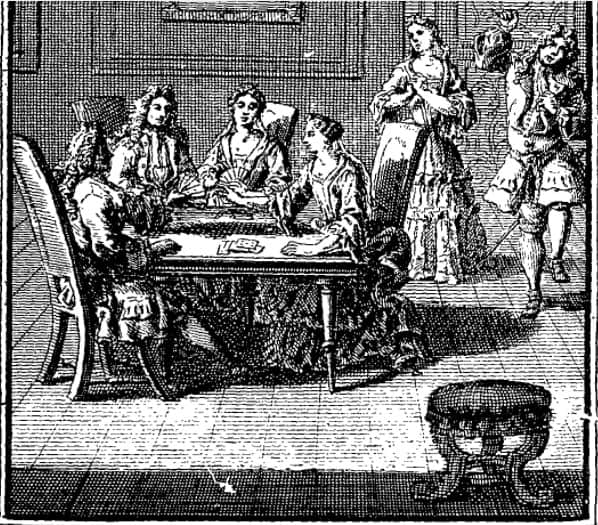By Emery Pan, Gale Editor in Beijing
On April 17, 1895, the first Sino-Japanese War (hereinafter, the “War”) came to a truce, and a treaty was signed at the Japanese city of Shimonoseki. Newspapers around the world competed with each other to report on this event. Japan: an ancient, mysterious country and a new power rising from the Far East dominated all the headlines that day. It is universally acknowledged among those with any knowledge of history that a treaty never ends the chaos, instead it gives rise to new conflicts. The Treaty of Shimonoseki is no exception.




